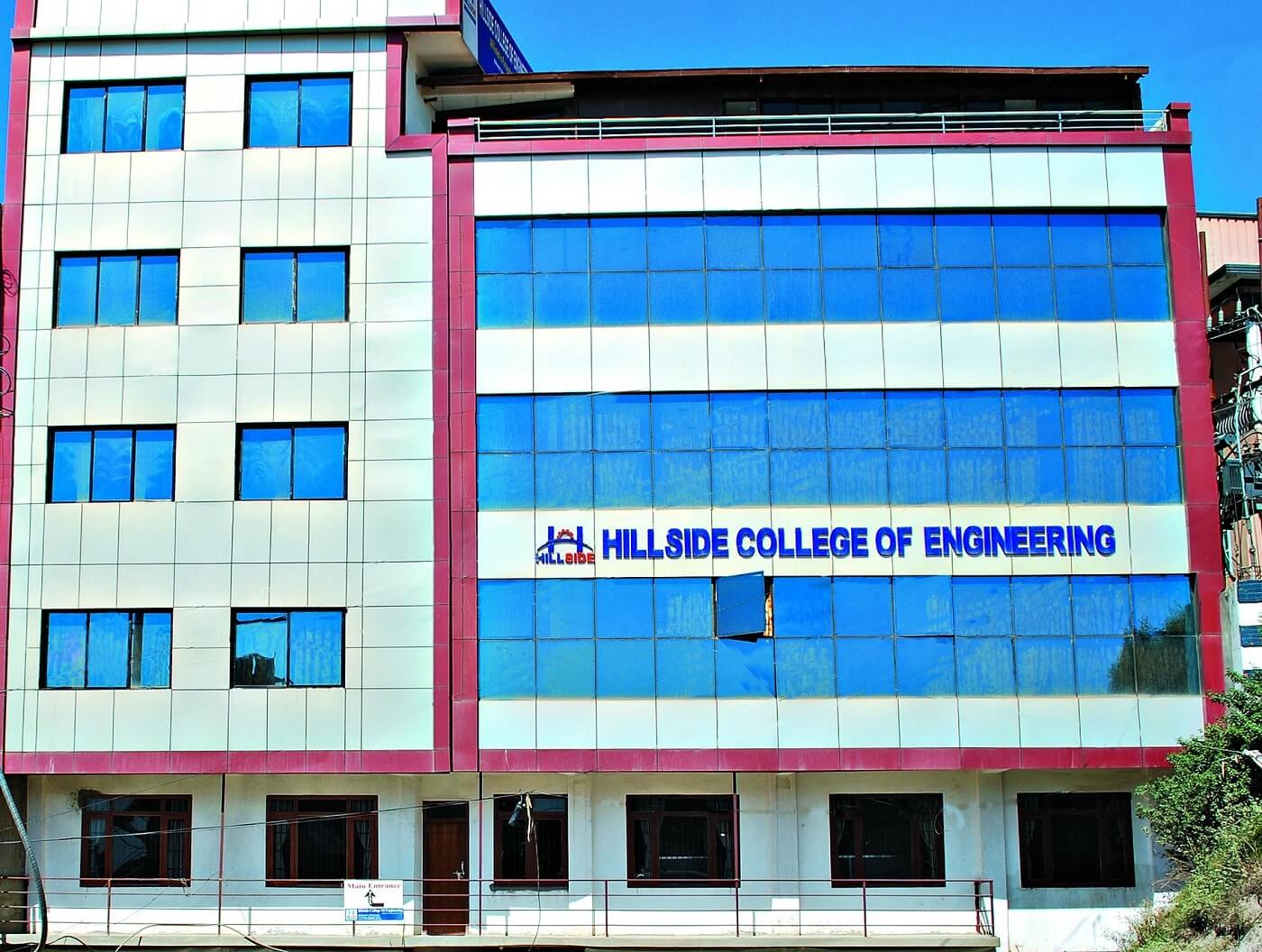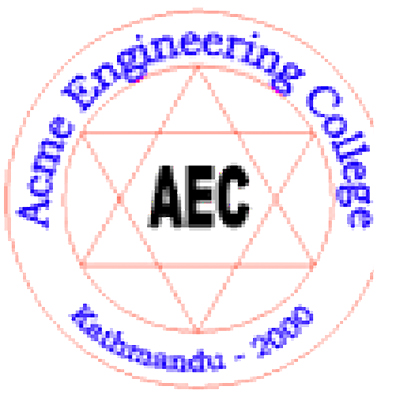Overview
Bachelor of Electrical Engineering (BE Electrical) at Hillside College of Engineering
The Bachelor of Electrical Engineering (BE Electrical) program at Hillside College of Engineering in Balkumari, Kathmandu, delivers a comprehensive engineering education focused on power electronics, communication systems, and control systems.
This Purbanchal University-affiliated program prepares students with essential knowledge and skills across key areas of electrical engineering, preparing them for diverse roles in the technological sector.
The curriculum is structured to produce proficient engineering graduates capable of contributing to technological innovation and progress.

Overview of the BE Electrical Program
The BE Electrical program at Hillside College is a four-year undergraduate course designed to give students a strong foundation in the fundamental principles of electrical engineering. The program effectively balances theory with hands-on experience. Significant laboratory work and field visits ensure students grasp concepts effectively and apply them in real-world situations. The program aims for technically capable and innovative engineers.
Curriculum Details
The BE Electrical curriculum is structured to offer a broad comprehension of the field. It is divided into essential core courses, specialized subjects, and elective options, providing a balanced educational experience.
Core Courses
The core courses provide foundational knowledge in electrical engineering and consist of:
-
Circuit Theory: This course introduces the basic principles of electrical circuits, including analysis techniques like Kirchhoff's laws and network theorems, which are essential for understanding circuit behavior.
-
Electromagnetic Fields: This delves into the principles of electric and magnetic fields, providing the necessary background to comprehend electrical equipment and the behavior of electromagnetic waves.
-
Electrical Machines: This involves studying the construction and operation of various electrical machines, including transformers, generators, and motors, which are core components of electrical systems.
-
The Digital Logic Design course focuses on the principles of digital systems and how to plan and execute basic digital circuits essential to modern electronics.
-
Signals and Systems: Students learn to analyze signals and systems central to communication and control engineering.
-
Power Systems: This covers the analysis, design, and operation of electrical power systems, including generation, transmission, and distribution, essential for supplying electricity to homes and industries.
-
Control Systems: This chapter explores methods for designing and analyzing control systems, which are crucial for automated processes and robotics.
-
Solid State Devices: This course covers the physics and characteristics of semiconductor devices, such as diodes and transistors, which are fundamental to electronics.
These core subjects are the necessities for further studies in electrical engineering.
Specializations
Students explore specialized areas within electrical engineering, such as:
-
Power Electronics: This specialization involves the study of electronic devices and circuits used in power conversion and control. Students learn to plan and implement efficient power control systems.
-
Communication Systems: This concentrates on methods of transmitting information over various media. Students delve into both analog and digital communication methods.
-
Control Engineering: This specialization emphasizes the design and analysis of feedback control systems. It includes practical applications in automation and robotics.
-
Signal Processing: Students learn the theory and application of processing signals for communication and analysis. It is essential in areas such as audio and image processing.
-
Embedded Systems: This teaches the planning and execution of computer systems inside other devices. Students study hardware and software interaction.
These specializations help students to concentrate on their areas of interest, boosting their expertise in specific parts of the field.
Electives
Students can broaden their knowledge by selecting from various elective subjects. These include topics like renewable energy systems, advanced digital design, and robotics, allowing them to pursue interests that align with their career ambitions.
Program Objectives
The BE Electrical program at Hillside College is aimed at achieving particular specific objectives:
-
To provide a solid basis for the basic principles of electrical engineering.
-
To develop proficiency in applying engineering techniques to fix complex problems.
-
To emphasize the importance of ethical and environmental considerations in all engineering work.
-
To offer chances for students to gain practical experience via hands-on work.
-
To encourage continuous learning and professional growth in the fast-changing field of electrical engineering.
Scope of the BE Electrical Program
The field of electrical engineering has a broad scope with diverse opportunities. Graduates can work in various sectors, such as:
-
Power generation, transmission, and distribution.
-
Telecommunications and networking.
-
Consumer electronics manufacturing.
-
Automation and control systems.
-
Renewable energy technologies.
-
Research and development in new technologies.
The program provides students with the knowledge and abilities required to be successful in these areas.
Learning Outcomes
Upon completing the BE Electrical program, students can:
-
Effectively apply the principles of mathematics, science, and engineering (MSE) to address electrical engineering issues.
-
Design and conduct experiments, examine data, and reach logical conclusions.
-
Design electrical systems and components that meet specific needs.
-
Detect, create, and fix electrical engineering problems using appropriate methods.
-
Understand the effect of engineering solutions on society and the environment.
-
Work effectively in teams and convey complex technical information clearly.
-
Be dedicated to lifelong learning and professional development to remain up to date with advancements in the industry.
Skill Development Modules
The college provides skill-building modules to ensure students are proficient in their field. These modules include:
-
Software and Simulation Tools Training: Students are taught to use software for modeling and analysis, such as MATLAB, Simulink, and other design tools.
-
Practical Laboratory Skills Development: The program emphasizes hands-on experience in the labs, allowing students to learn from doing experiments.
-
Project Management and Teamwork Training: Students participate in group projects that require good management and teamwork, preparing them for collaborative efforts.
-
Technical Communication and Presentation Skills: Workshops on technical writing and public speaking improve students' capacity to communicate their ideas effectively.
Teaching Methodology
The college uses various teaching techniques to provide students with a comprehensive education. These include:
-
Interactive lectures
-
Laboratory experiments
-
Project-based learning
-
Case study analysis
-
Field visits
-
Seminars and workshops
This method supports the delivery of a well-rounded education.
Faculty Expertise
The electrical engineering department has a team of experienced faculty members who are professionals. They combine academic knowledge with industry experience, ensuring students gain comprehensive knowledge and professional guidance.
Admission Requirements
Admission to the BE Electrical program requires:
-
Passing the Purbanchal University entrance exam.
-
Completion of I.Sc. or +2 (Science) or a Diploma in Engineering (3 Years) with a minimum C grade in all subjects.
-
Participation in an interview with the college representatives.
Career Opportunities
Graduates of the BE Electrical program have a wide range of career options:
-
Power systems engineer
-
Control systems engineer
-
Communication systems engineer
-
Electronics engineer
-
Automation engineer
-
Telecommunications engineer
-
Renewable energy engineer
-
Research and development engineer
There are several possibilities available for students who complete this degree.
Student Life and Extracurricular Activities
Hillside College of Engineering offers a lively campus environment that promotes personal development and community engagement. Students participate in ECA activities such as student clubs, cultural events, and sports to create a well-rounded educational journey.
Scholarships and Financial Aid
The college provides a range of scholarships based on academic excellence and financial need and provides information about easy bank finance options to support students in their education.
Why Choose This Course?
Opting for the BE Electrical program at Hillside College gives several benefits:
-
Broad curriculum covering a wide range of areas in electrical engineering.
-
Experienced faculty members dedicated to quality teaching.
-
Emphasis on practical skills with numerous hands-on laboratory experience.
-
Strong focus on problem-solving and analytical thinking.
-
Diverse career possibilities in different fields.
Why Choose This College?
Hillside College of Engineering is an excellent option for engineering education because of the following:
-
It has modern infrastructure and well-equipped laboratories.
-
A learning environment that promotes innovation and discovery.
-
A helpful faculty team with practical experience.
-
Hands-on learning opportunities, including projects and lab work.
-
Industry connections that keep the curriculum in sync with current trends.
-
A dedicated career support system for all students.
Conclusion
The Bachelor of Electrical Engineering program at Hillside College of Engineering is designed to educate future engineers who can handle society's evolving technological demands. Students are prepared for future roles in the field through a blend of basic knowledge, specializations, electives, and varied skill modules. They can make considerable contributions in different technology areas.















